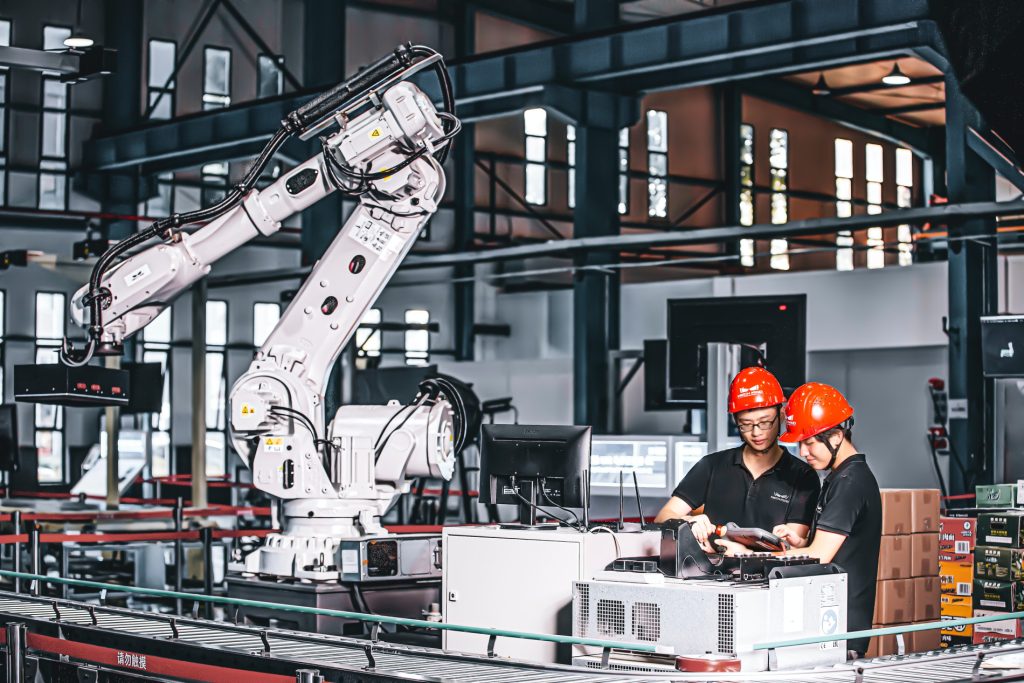Ai In recruitment – The risk of unconscious bias from a recruiter who is ultimately feeding the algorithms
Artificial Intelligence is employed in the recruitment process of companies by employing machine learning and problem- solving techniques to find the best candidate for a position.
What is Artificial Intelligence in Recruitment?
Artificial Intelligence is employed in the recruitment process of companies by employing machine learning and problem- solving techniques to find the best candidate for a position. This technology is designed to automate some part of the recruiting workflow, especially repetitive tasks.
According to Noel Sharkey, a professor of AI and robotics at the University of Sheffield stated that the use of algorithms in recruitment should be stopped immediately as they are usually biased.
What is the need for AI in recruitment?
Automation plays a crucial role in recruitment and is very much needed in recruitment. This is because:
1. AI reduces the workload of hiring professionals by automating all the tasks.
2. With AI, recruiters can save their time and can pay attention to other activities.
3. Urgent hiring can only be done through artificial intelligence.
Why is traditional hiring deeply flawed?
1. Unconscious human bias making it unfair: The most common way of reviewing candidates before an interview is through recruiters reviewing resumes. This process leads to unconscious bias of women, older workers and minorities.
2. Large pool of applicants are ignored: Recruiters limit their reviewing of the applicant pool and they consider those candidates who are coming from Ivy League colleges, employee referral programs etc.
3. Traditional hiring tools are already biased: Hiring tools can be biased if they are job-related. Job-related means that people who are successful in a role show certain characteristics. Though it is not possible to correct human bias, it is possible to identify and correct bias in AI.
How AI can eliminate bias in hiring?
1. AI can eliminate unconscious human bias: AI can be designed so that it can meet certain beneficial specifications. One main reason, for which AI is designed, is because it can audit and the bias found in it can be removed. A movement along AI practitioners like OpenAI and the future of life institute is already putting a set of design principles for making AI fair and ethical.
2. AI can assess the entire pool of candidates rather than forcing humans to implement biased processes: By using an automated process we can eliminate the bias. Appropriate technologies should be made to create tools and policies that make it possible for the entire pool to be reviewed. So artificial intelligence has a lot of potential to remove bias from the recruiting process.
From our blog
Read our articles below to see our latest insights.









